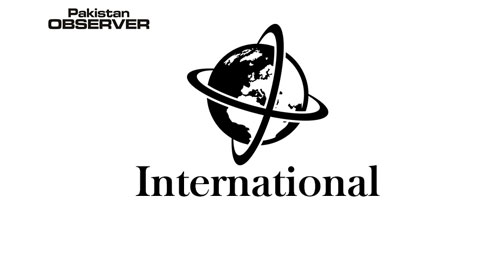Over the past few weeks, Indian media is rife with stories targeting the All-Weather China- Pakistan Friendship which is growing from strength to strength. Especially, the multi-billion-dollars project China-Pakistan Economic Corridor (CPEC) is the major victim of the Indian smear campaign, says a report published by Gwadar Pro. Why does India look so desperate to demean an economic corridor which cannot only revive the ailing economy of Pakistan but also has the capacity and embodies the vision to benefit Asia?
It seems that the recent visit by the Pakistani Prime Minister to attend the opening ceremony of China’s successful Winter Olympics held in Beijing and the Joint Statement following the meetings of PM Imran Khan with China’s visionary President Xi Jinping and Premier Li Keqiang have upset the Indian designs. Hence a series of reports were produced by Indian media caviling against CPEC.
One needs to peep further into the Indian narrative against CPEC. India actually has been implementing a strategy to economically strangulate Pakistan and the media smear drive against Pakistan has been a part of its strategy over the past three decades.
CPEC has provided an optimal answer to Pakistan’s economic woes and India is unhappy with the recovery of Pakistan since the launching of CPEC back in 2015. An article ‘Let us Engage Pakistan in a New and Non-Diplomatic Way’ by Kriti Upadhyaya and Rahul Deans published in India back in June 2016 suggested that India should adopt measures that can be taken quietly to exacerbate Pakistan’s economic problems by hitting its exports, especially textiles which make up over half Pakistan’s exports, led by cotton products.
“Any dent to Pakistan’s exports could push its deficit over the edge helping Indian farmers,” it reads. Another proposal was to “target Pakistan’s manpower working overseas as remittances (mostly from the Middle East) are Pakistan’s second-biggest source of foreign exchange”. The article proposed the Indian government not export electricity to Pakistan and instruct that foreign companies bidding for projects in India cannot be a supplier to any Pakistani state-run organization.
It also proposed that visas for Pakistani executives be denied by the Indian regime to have a far bigger impact on the Pakistani business environment besides advocating visa denials to Pakistani performing artists. Almost all of these proposals have been implemented by the Indian regime led by Narendra Modi. The development of Chabahar port in Iran and the development work in Afghanistan were the ‘baby steps’ by India in what should be a much larger intervention to develop Afghanistan and use it as a base to undermine and destabilize Pakistan, the article said.
India also used Afghan soil to segregate Pakistan’s economy as Afghanistan has zero duties on many items which have high tariffs in Pakistan. India planned to smuggle these items to traders in Afghanistan, who smuggle them across into Pakistan, which not only undermined Pakistan’s import duty collections but also incited India-financed terrorists in Baluchistan whose hired guns destabilised Pakistan. India also used Afghan soil to launch terrorist attacks against Pakistan through terrorist groups like TTP, Daesh, etc. India also had a military presence (to train the Afghan army) in Nimroz province – bordering Iran and Baluchistan (where it has built the only highway in the province), along with enhanced development of the railway from Iran to Afghanistan and increased development work. —INP










